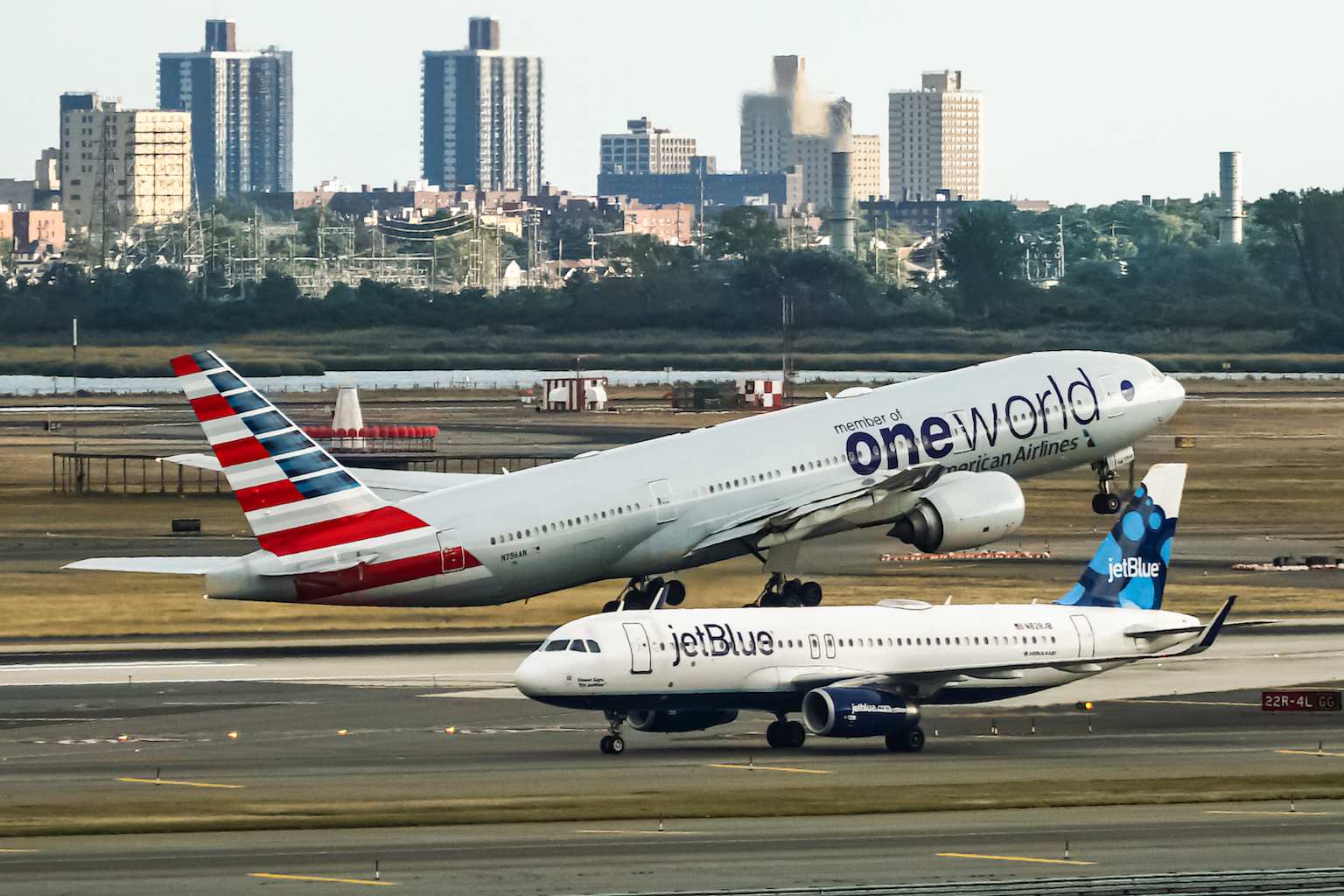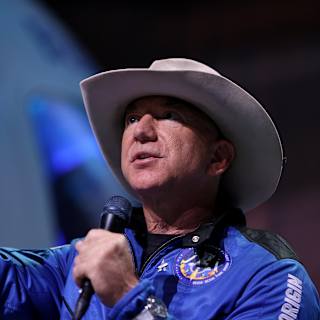- Court Upholds Antitrust Enforcement
- Alliance's Rise and Fall
- Financial Disputes Linger
The U.S. Supreme Court on Monday rejected American Airlines' final appeal to revive its defunct partnership with JetBlue Airways, ending a five-year legal battle over an alliance that regulators deemed harmful to competition in the Northeast corridor.
The justices declined to hear American's challenge of lower court rulings that found the "Northeast Alliance" violated federal antitrust law by allowing the carriers to coordinate flights and pool revenue on routes serving New York City and Boston.

The Supreme Court's decision upholds a November ruling by the Boston-based 1st U.S. Circuit Court of Appeals, which had rejected American's argument that the partnership actually increased market-wide competition1. American had contended that the antitrust violation ruling "wrongly showed hostility to business collaboration" and threatened to "wreak havoc on productive collaborations of all shapes and sizes"1.
The Justice Department, which successfully challenged the alliance under both the Biden and Trump administrations, maintained that the appeals court's decision was based on "uncontroversial antitrust principles"1. The department's lawsuit, filed in 2021 alongside six states, argued that the partnership reduced incentives for American to compete on fares against JetBlue2.
The Northeast Alliance, announced in July 2020, allowed American and JetBlue to effectively operate as a single airline in the region's congested airports1. The partnership received initial approval from the Transportation Department in January 2021, during the final days of Trump's first term2.
However, U.S. District Judge Leo Sorokin ruled in May 2023 that the alliance violated the Sherman Act, leading JetBlue to withdraw from the partnership while pursuing its ultimately unsuccessful $3.8 billion acquisition of Spirit Airlines2.
The partnership's collapse has spawned additional litigation, with American suing JetBlue in April for more than $1 million in alleged unpaid charges from their terminated alliance1. American claims JetBlue has refused to settle financial obligations for flights completed during the partnership's operation1.
Despite the legal defeat, both airlines had previously indicated potential for future collaborations. According to Reuters, American argued in its Supreme Court petition that the ruling's precedent could hinder productive airline partnerships across the industry2.
The Justice Department under President Trump has continued defending the government's antitrust victory, despite the change in administrations since the original lawsuit was filed3.



